contents

ADHD and the Effects of COVID-19 on Health and Education
ADHD Weekly
Researchers are learning more about how the pandemic has affected the health and education of people who have ADHD.

Replace Suspensions with Reset Rooms
By Melissa Peterson Malen, PhD
Rather than isolating students, this restorative practice innovation facilitates communication, empathy, and emotional and behavioral coaching.

What the Pandemic Taught Us About Students with ADHD
By Frank Mills
These issues may have already been present, but were highly exacerbated when students were forced to attend school from home.
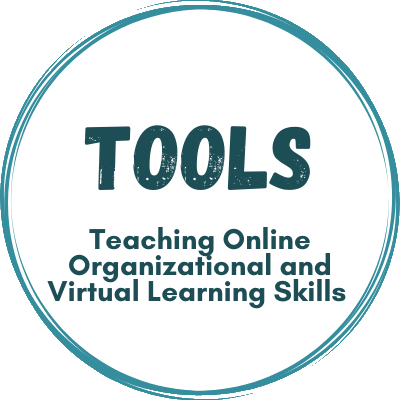
TOOLS: Teaching Online Organizational & Virtual Learning Skills
By Joyce Lui, PhD
A new video series describes evidence-based strategies for students with ADHD and their adult supports.
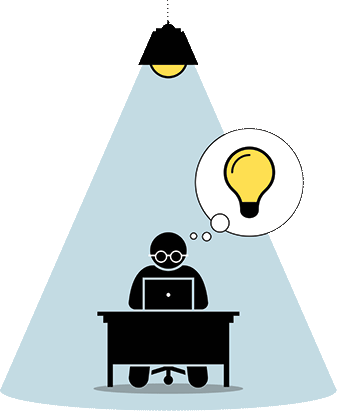
Finding Focus: Attention Training for High Schools
By Mark Katz, PhD
Accessible online and through an app, this mindfulness-based attention training course is designed to increase focus, reduce stress, and help to regulate emotions.
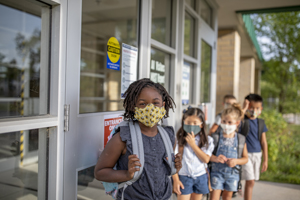
School-Based Services for Children with ADHD
By Yuanyuan Jiang, PhD, and Minyeong Cho
School-based interventions have been shown to be helpful for children with ADHD. Which students are more likely to get the services they need, and which may be at greater risk for missing out?

Gender Myths & ADHD
By Ellen B. Littman, PhD
Once excluded from the conversation, girls were overlooked—because girls with ADHD look very different from boys with ADHD.

Providing Perspective Through My ADHD Story
By Mallory Band, MSEd
She shares her story with her students because she once was them.

How to Motivate and Engage Twice Exceptional Learners
By Julie Skolnick, MA, JD
Intentional, strengths-based strategies can support gifted students with ADHD.
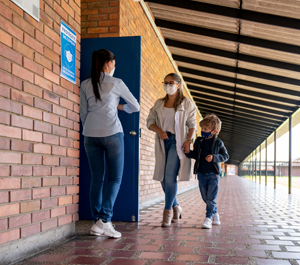
Webinar for Educators: IEPs, 504 plans, and the New Educational Landscape
Ask the Expert Webinar Series
As schools reopen during the COVID-19 pandemic, special attention needs to be paid to how to help students with special educational needs resume progress in their learning. Parents and educators should consider these several questions.

Webinar for Educators: When Classes Resume—How to Help
Ask the Expert Webinar Series
Another school year has arrived, and you may wonder how to help your students have a smoother start. This school year will be different, as the majority of students return to in-person learning. Being in the classroom once more make take some getting use for both students and educators.

Tailored for Young Learners: SMARTS Elementary
By Mark Katz, PhD
Learn about a curriculum designed to create a culture of executive function users.

Game-Based Learning
By Mark Katz, PhD
Read about an ongoing, small-group executive function training program for students aged 8-15 that uses popular video games and apps as teaching tools.

Building Relationships in the Classroom
By Mark Katz, PhD
School can be a lonely place for children with ADHD or learning differences. This innovative social-emotional learning curriculum gives teachers tools to help them.

Masks May Still Be Required When Schools Open
ADHD Weekly
Students returning to in-person instruction may still need to wear face coverings. Is your child with ADHD ready for the new school year?

The ReThink Stress Program
By Mark Katz, PhD
When we learn to see stress as potentially helpful rather than inevitably harmful, we accrue benefits to our health, productivity, and well-being.

ADHD Treatment in School-Aged Youth
By Lauren Haack, PhD
What are the best school-based practices for children and adolescents with ADHD? Which treatments are they receiving?

PAX Tools
By Mark Katz, PhD
Educators and parents can use these simple, evidence-based strategies to help improve children’s self-control and emotional self-regulation skills.
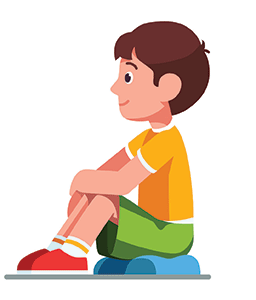
Sensory Classroom Interventions
By Lauren Haack, PhD, and Madeline Spiess
Two recent studies evaluated the drawbacks and benefits of sensory classroom interventions—fidget spinners and wiggle seats.

Helpful Lessons for Raising Challenging Kids
Attention
With three children diagnosed with ADHD at different ages, this mother and educator gained a lot of wisdom.

Stepping Back to Move Forward
By Kathryn Essig, MEd, and Janet Price
How has the pandemic affected college readiness for graduating students who experience executive dysfunction or heightened anxiety? What transition options are available?

Teaching Executive Skills in Middle School
By Sue Ball, ABSNP, CPsych, and Laurie Faith
The Barriers & Strategies Protocol gives teachers a new option for responding to struggling students.

Webinar: Navigating College with ADHD
Ask the Expert Webinar Series
Are you a current or future college student who isn’t sure how to make a strong transition to higher education? Dr. Sharon Saline will help you figure out how to get what you need to set yourself up for success at college or university.

Teaching in a Pandemic: Upheavals, Adjustments, and Moving Forward
By Ashlee Van Boening, MEd
A teacher shares stories and creative tips to help other educators cope with students, their parents, and virtual classrooms.

Resilience in the Midst of Difficult Times
By Rachel Kitchens-Cole
A school social worker talks about providing mental health support to students with attention problems who are attending school from home.

The Purpose Challenge
By Mark Katz, PhD
This free online toolkit is filled with activities to help high school students—particularly seniors—discover the nature of purpose as it relates to their individual lives.
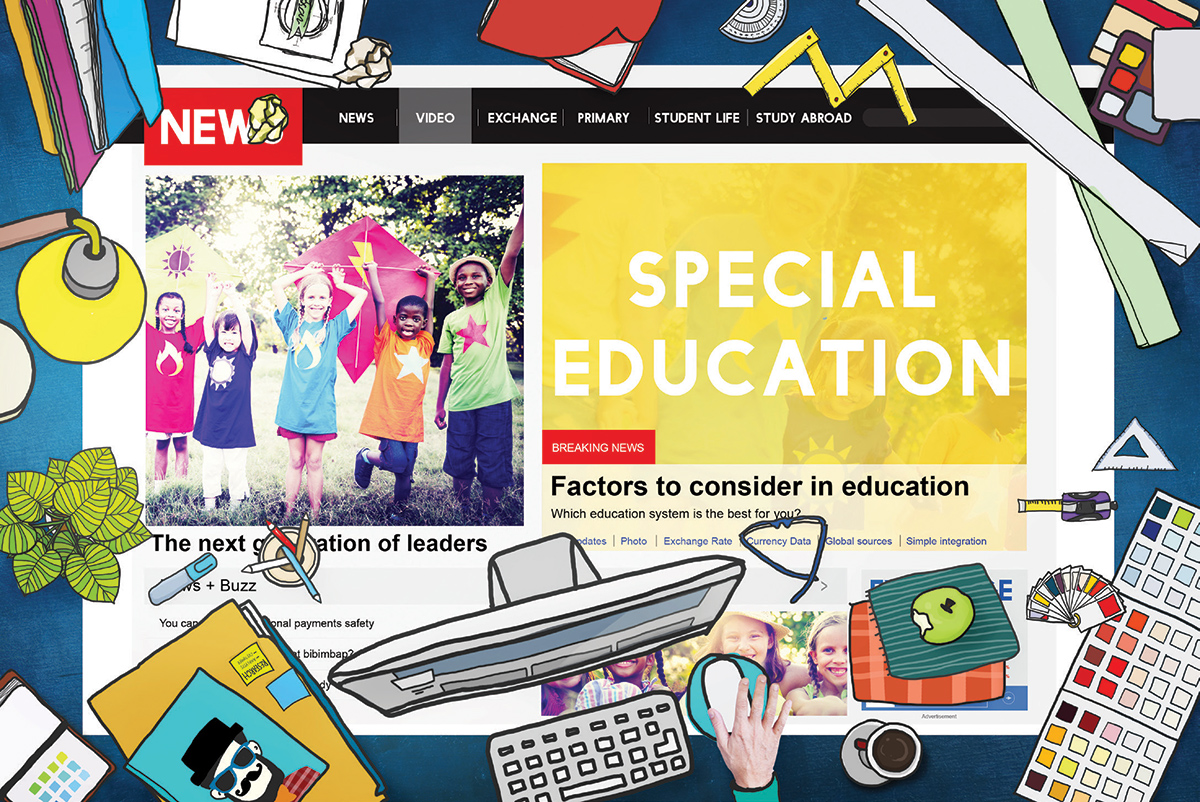
Special Education & the Pandemic: Three Things to Know
By Richard Weinfeld
Now, more than ever, parents, advocates, and school staff should do their best to work collaboratively in the best interest of each student.

What Do Students with ADHD Really Think About Remote Learning?
By Shari Gent, MS, NCED
We’ve heard from researchers and stressed-out working parents; now let’s listen to the students.
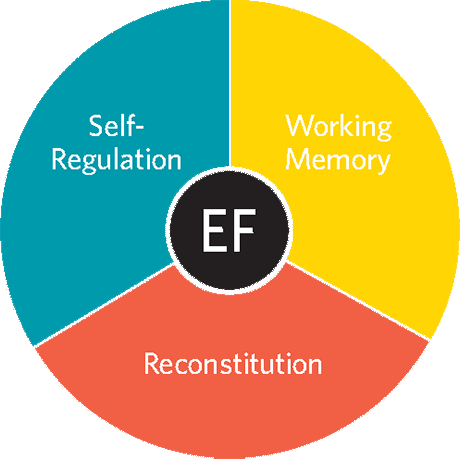
Executive Functioning Disorder and Mathematics
The math learning process does not need to stop when students struggle; instead, they need more effective strategies

STRIPES: Supporting Successful Transition to High School
This peer coaching program pairs academically successful eleventh or twelfth graders with ninth graders who struggle with ADHD symptoms.
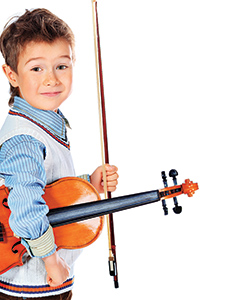
What Makes a Good Accommodation?
Parents and educators often struggle over whether to provide a student with modifications to schoolwork. They wonder: Are we making the child more dependent? Preventing them from trying their best?

Webinar: Teaching Students How to 'Work From Home'
Online learning can be very challenging for students with ADHD, and teachers are unsure of how to support them remotely. So how can we turn this difficult situation into a successful one for our students?
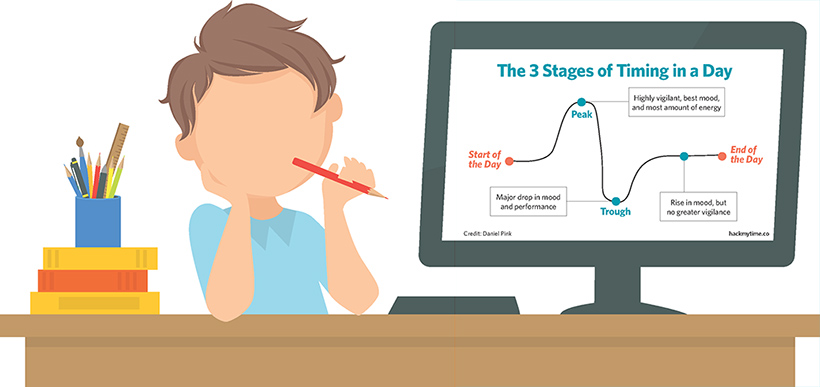
Balancing Virtual and Classroom Learning
How can you help parents keep their kids with ADHD on track so they have a successful school year? And maybe even help your own kids?

Strengthen Executive Function Skills During Distance Learning
Could improvements in these critical skills be one of the silver linings for children attending school remotely? Here are strategies and tools that can help to offset weaknesses related to ADHD and foster independence.

Treating Children for ADHD Can Have Benefits for the Next Generation
Addressing ADHD in children can help them be successful in their lives and may help to improve the lives of their future children.

Balancing Your Job and Your Child’s Educational Needs
What is your family navigating this fall—remote learning, hybrid school schedules, working from home, or a return to your workplace? If ADHD is also in the mix, you’ll need to create structure to handle all the competing demands.

Leading Students from Supported Instruction to Responsible Independence
Here’s an approach that simplifies the learning and performance process and allows you to track its progress. You can use it to help students succeed even if you’re teaching remotely.

Home-School Collaboration: It’s Important for Children with ADHD
Consistency in implementing treatment programs requires effective communication between parents and teachers—and that partnership is more important now than ever.
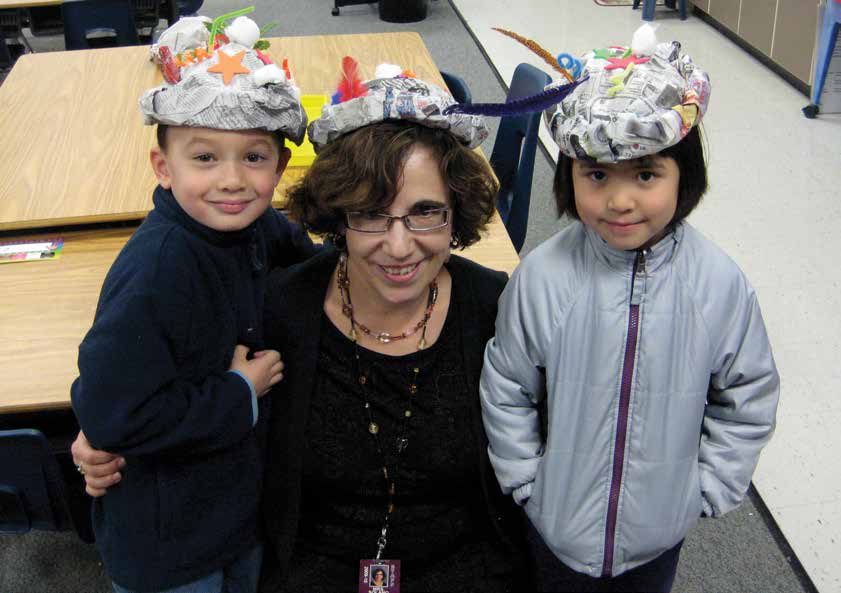
Everything I Know I Learned in Kindergarten
A CHADD Educator of the Year shares her advice for teaching students with ADHD. You can adapt her suggestions to help them succeed in your classroom, whether you’ll teach remotely or return to a school building this semester.
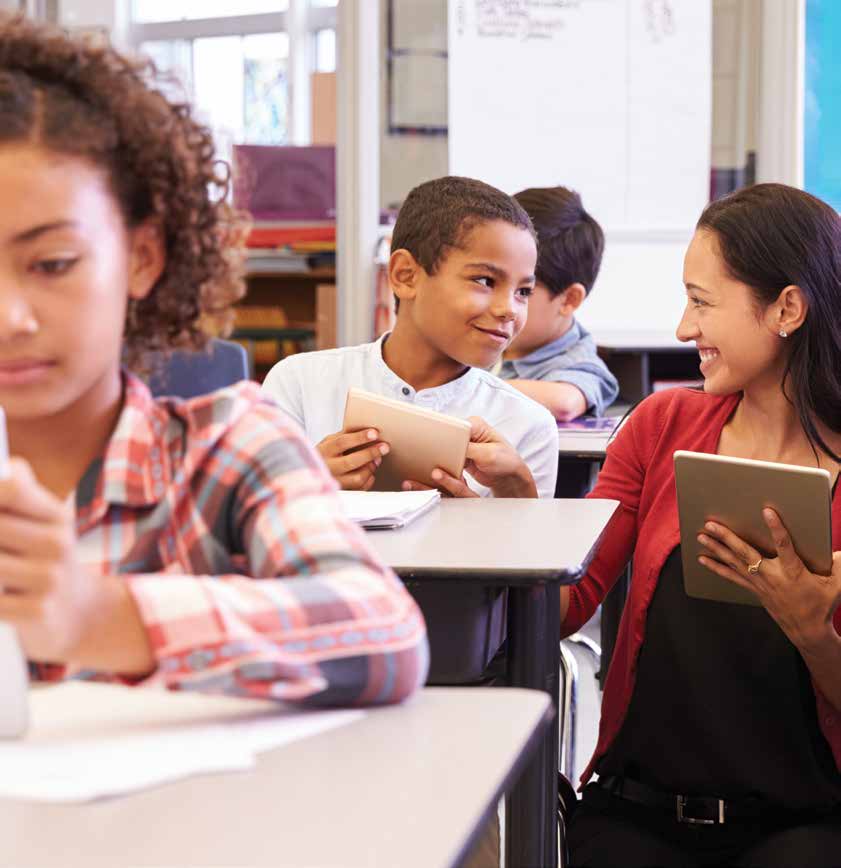
Making Educational Content Stick Through Technology
Whether your classroom this fall is virtual or in-person, you’ll likely have students who struggle when material is presented orally. Here’s how you can turn topics visual and interactive to engage students with language comprehension, executive functioning, and attention issues.


